Phoenix, AZ Therapy for Mood Disorders
Join 30 million people who have trusted Psych Hub
for mental health guidance.
Find quality treatment options tailored to your
needs and insurance coverage.



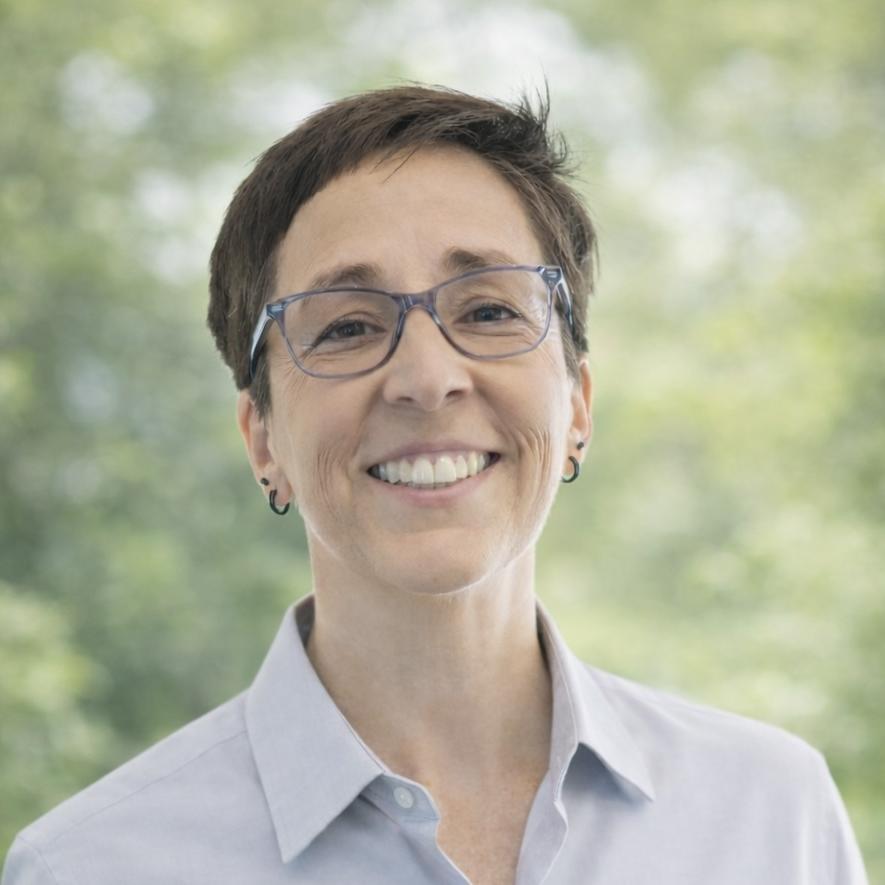


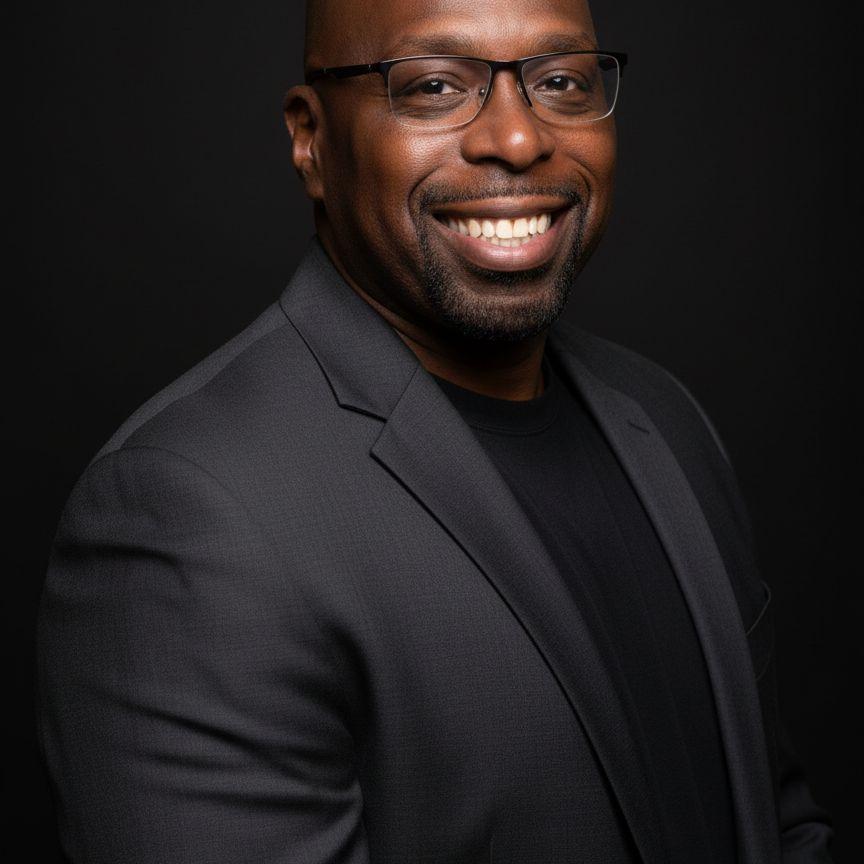

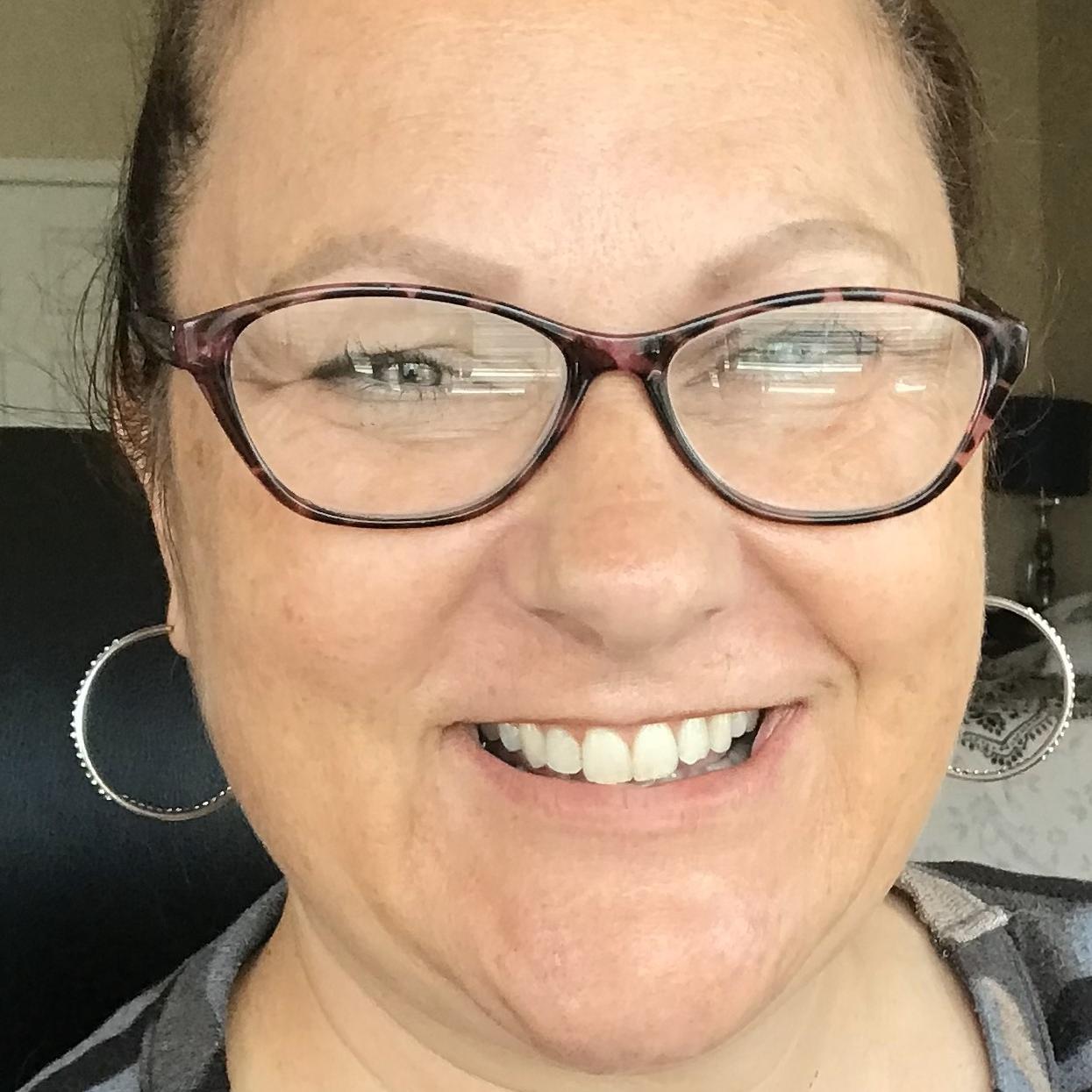




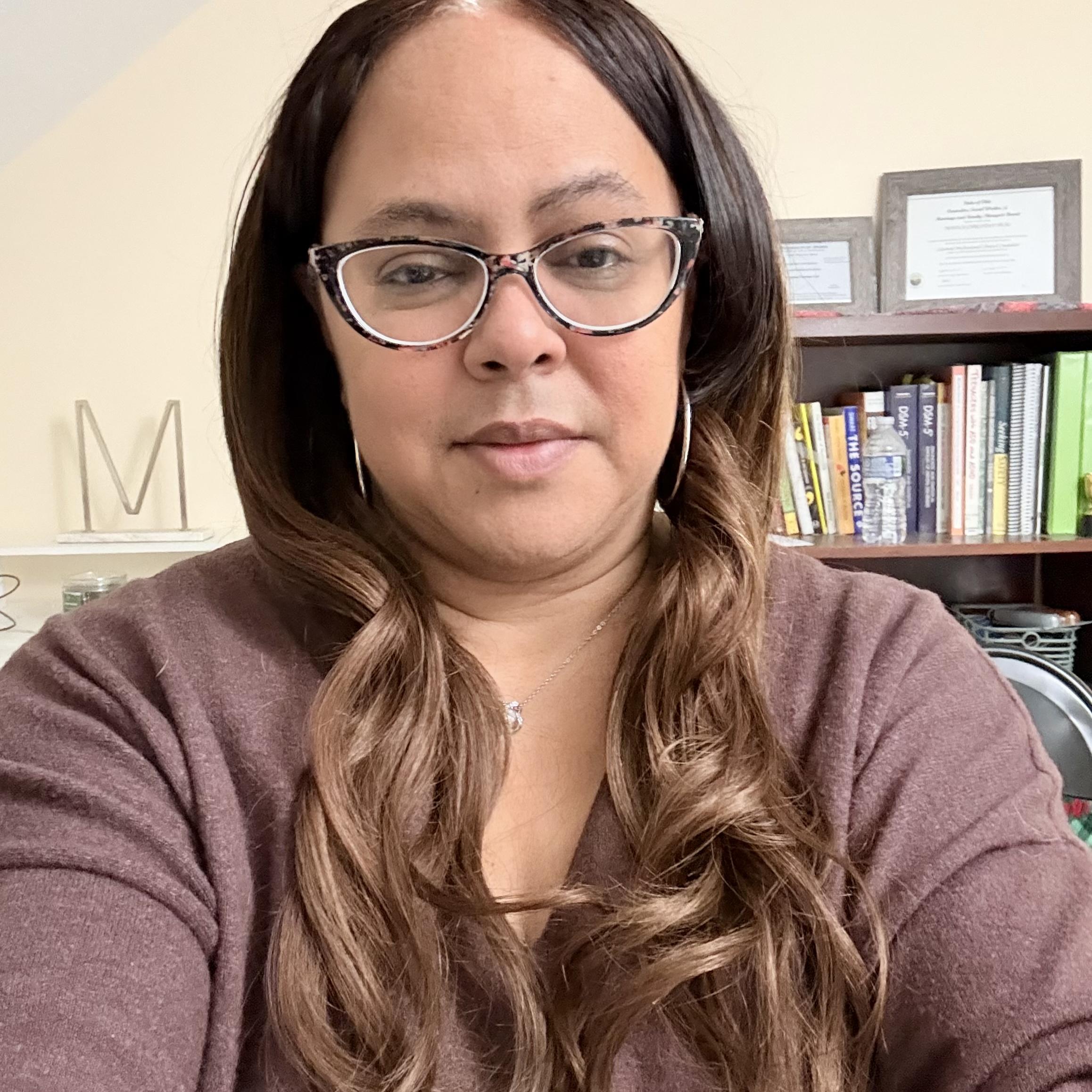

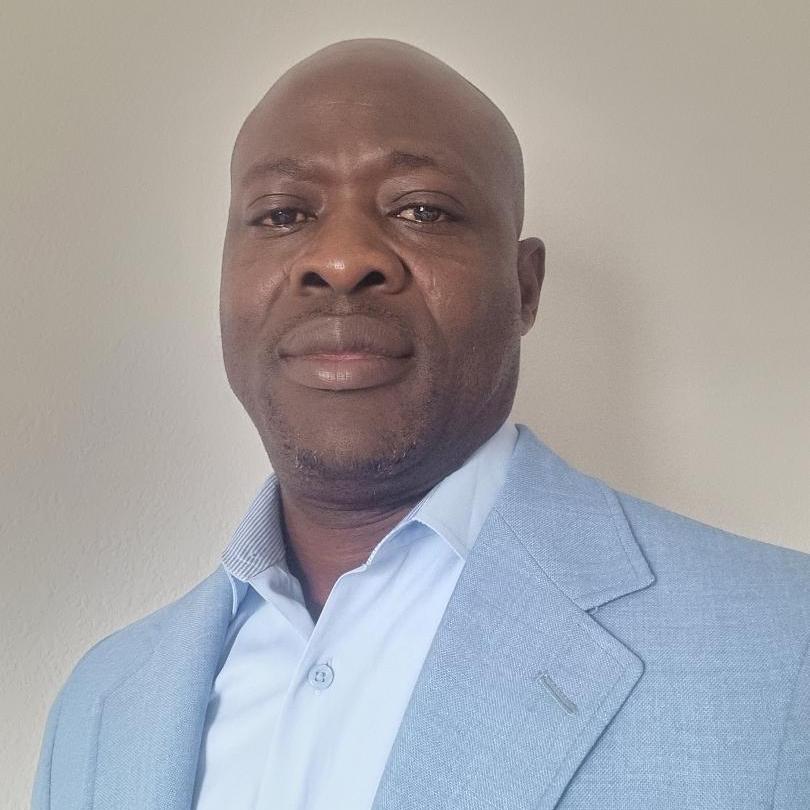
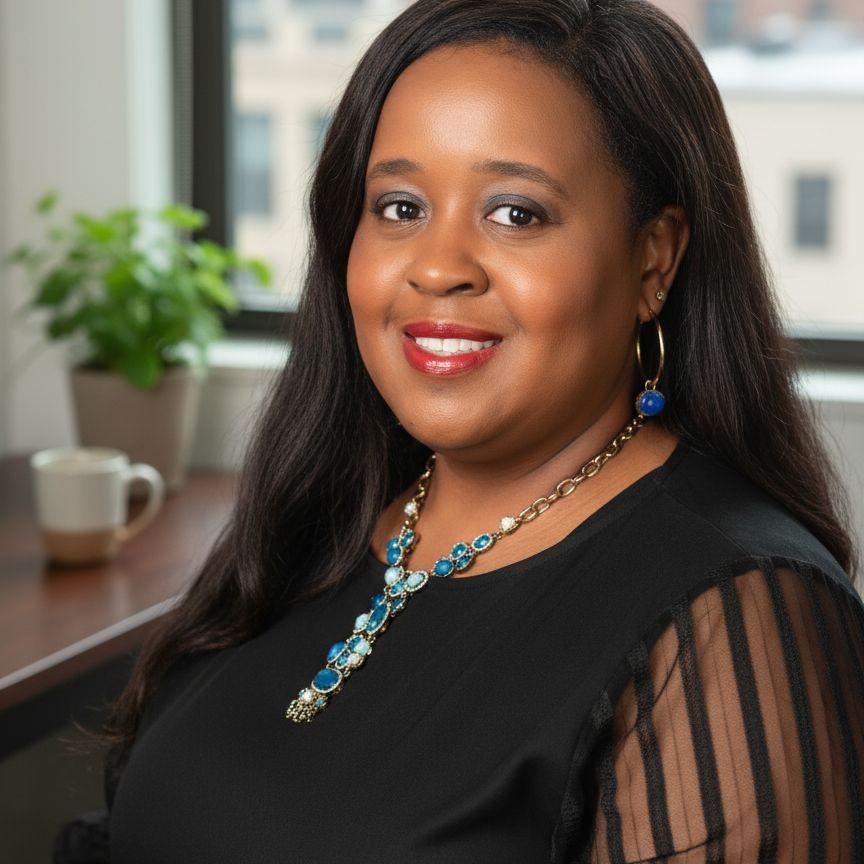
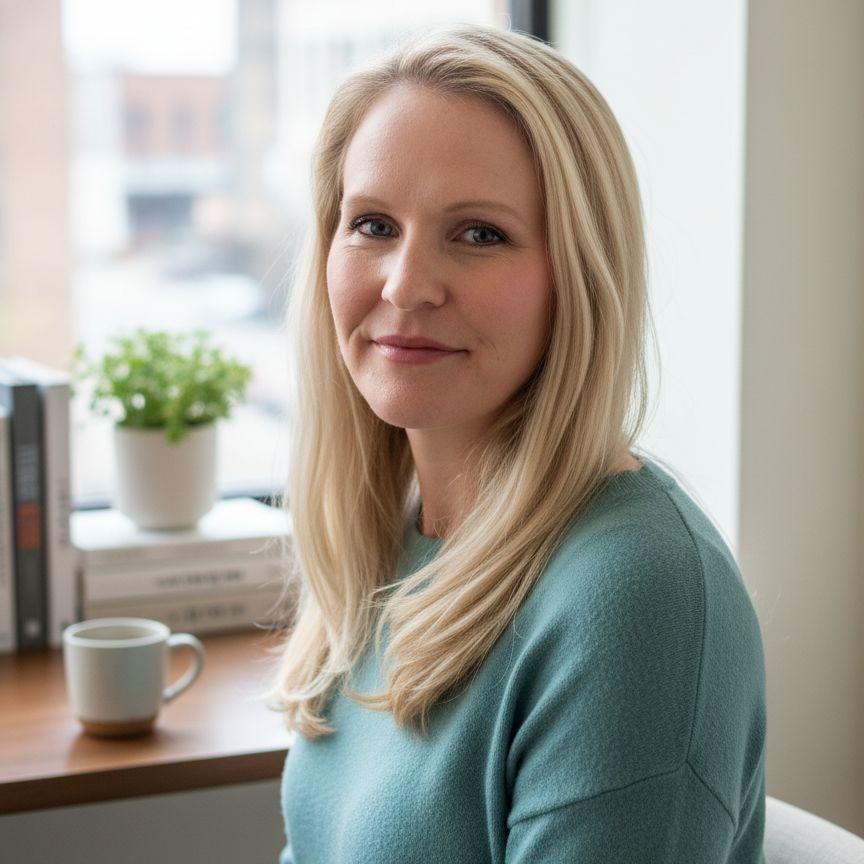


Mental Health Services in Phoenix, Arizona
Phoenix, Arizona, the fifth largest city in the U.S, is home to over 1.7 million people. Known for its diverse culture, vibrant arts scene, and bustling downtown area, Phoenix is an urban oasis nestled in the heart of the Sonoran Desert.
Key Mental-Health Concerns for Phoenix Residents
In Phoenix, prominent mental health concerns include depression, anxiety, and substance use disorders. According to the CDC, Arizona has a higher than average rate of adults reporting frequent mental distress.
Access to Care & Providers in Phoenix
Phoenix offers a range of public and private mental health services. Crisis lines, such as the Maricopa County Crisis Line, provide immediate assistance. Local initiatives, like the Hope Network, work towards improving mental health accessibility.
Therapies & Specialties
- Cognitive Behavioral Therapy (CBT) and Dialectical Behavior Therapy (DBT) are widely available in Phoenix.
- EMDR and trauma-focused care are specialties of many therapists in Phoenix, Arizona.
- Phoenix also boasts unique offerings such as bilingual care and tailored therapies for veterans.
Local Policies & Stressors
Phoenix residents face stressors like high cost of living and industry pressures, particularly in the fast-growing tech sector. Seasonal heatwaves can also impact mental wellbeing.
Take the Next Step
Don't hesitate to take control of your mental health. Find the help you need today from a licensed therapist in Phoenix, Arizona.